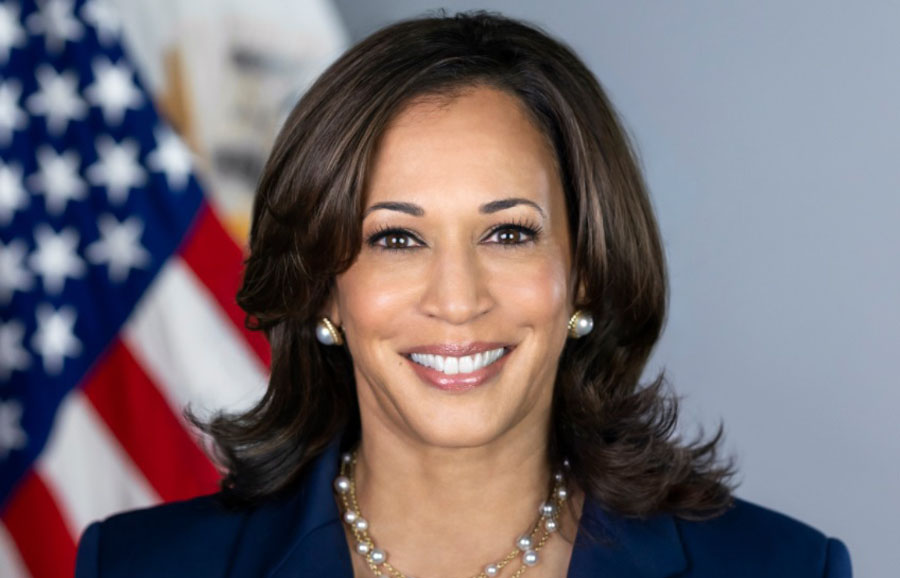Another VEEP Gets Broadband Tag
Biden was small business broadband VP; Harris is 'big investment' VP

The smarter way to stay on top of broadcasting and cable industry. Sign up below
You are now subscribed
Your newsletter sign-up was successful
In his first speech to Congress this week, President Biden said Vice President Kamala Harris would lead the effort to get high-speed, job-creating internet access to 35% of rural America that lacks broadband.
Harris has been put in charge of President Joe Biden's push for universal broadband deployment at high speeds and affordable prices, but she is just the latest Democratic Vice President (and former senator) to draw the broadband spotlight.
As a senator, Al Gore backed legislation that expanded ARPANET, the precursor to the internet, but was mocked for suggesting, after he became Vice President, that he had created it. That came in a CNN interview in which he said that he had "taken the initiative in creating the internet," by which he meant, he later said, that he had pushed for legislation to open Department of Defense research to wider, and commercial, application.
Then Vice President Joe Biden took up the broadband mantle as part of his push for small businesses, promoting broadband's ability to help small businesses become more competitive with larger U.S. and international competitors.
But Biden's role was mostly as an encourager-in-chief, including such ceremonial functions as cutting the ribbon, as it were on $182 million in National Telecommunications & Information Administration broadband stimulus funds for middle mile projects. Today, of course, broadband is as much about staying in business as expanding it in a pandemic-circumscribed world and Harris will be promoting a $100 billion plus investment in broadband deployment and access, including the several billion dollars already allocated to remote learning and telehealth and help for low income residents in already-passed COVID-19 relief bills.
Harris faces that bigger task under pressure from Capitol Hill and elsewhere to close the digital divide ASAP, particularly in rural areas.
Harris arguably has more experience with the issues of broadband access and deployment, in part because she was in the Senate when the digital divide was drawing the most attention from both sides of the aisle. And she is in step with the Biden Administration's view that lack of speed or affordability or competition equate with a lack of broadband, as well as the Democrats; desire to treat internet access as a utility to more easily regulate it.
After the FCC under then chairman Ajit Pai, proposed eliminating net neutrality rules and the Title II (common carrier) definition of internet access, Harris backed a moveon.org petition to try and block the move--it failed--calling it "a grave threat to the idea that the internet should be free and accessible for all," and adding that it was a "a danger to our economy and free speech."
Harris was already stumping for broadband access before the Biden speech April 28, and echoing her predecessor's pitch about business broadband. Stumping for Biden's American Jobs Plan infrastructure package and its broadband bounty last week, Harris told a New Hampshire audience that small businesses need access to broadband to be able to do business, business that employs half of the country's workforce.
She said that broadband was also about giving children a chance to learn and taking care of seniors who, "if they don't have broadband, they don't have access to telemedicine. Harris said that before the pandemic "maybe we thought it was important, now we know it is a necessity."
And it is now her task, at least in the sense of political optics, to close the digital divide.
The smarter way to stay on top of broadcasting and cable industry. Sign up below
Contributing editor John Eggerton has been an editor and/or writer on media regulation, legislation and policy for over four decades, including covering the FCC, FTC, Congress, the major media trade associations, and the federal courts. In addition to Multichannel News and Broadcasting + Cable, his work has appeared in Radio World, TV Technology, TV Fax, This Week in Consumer Electronics, Variety and the Encyclopedia Britannica.

